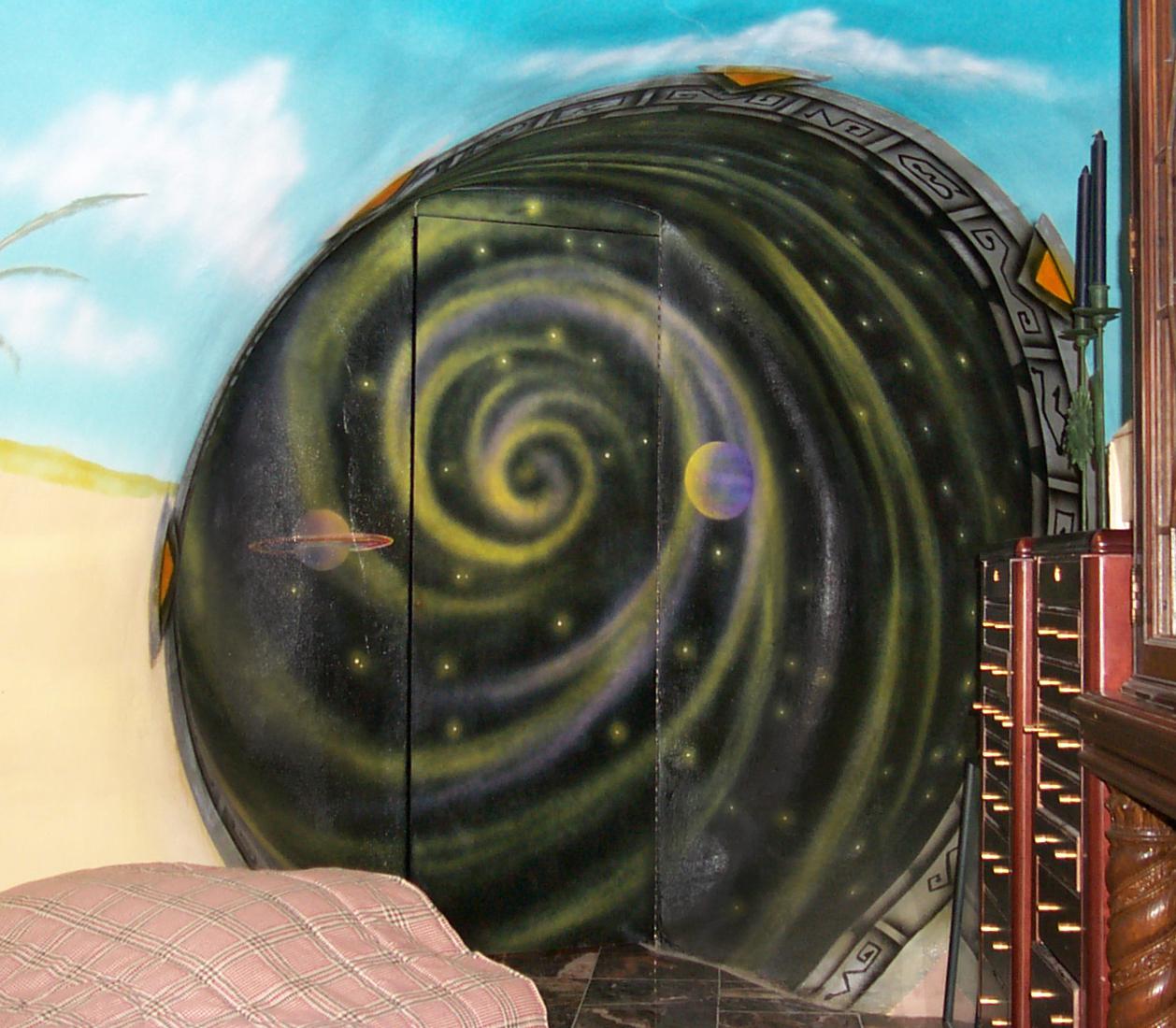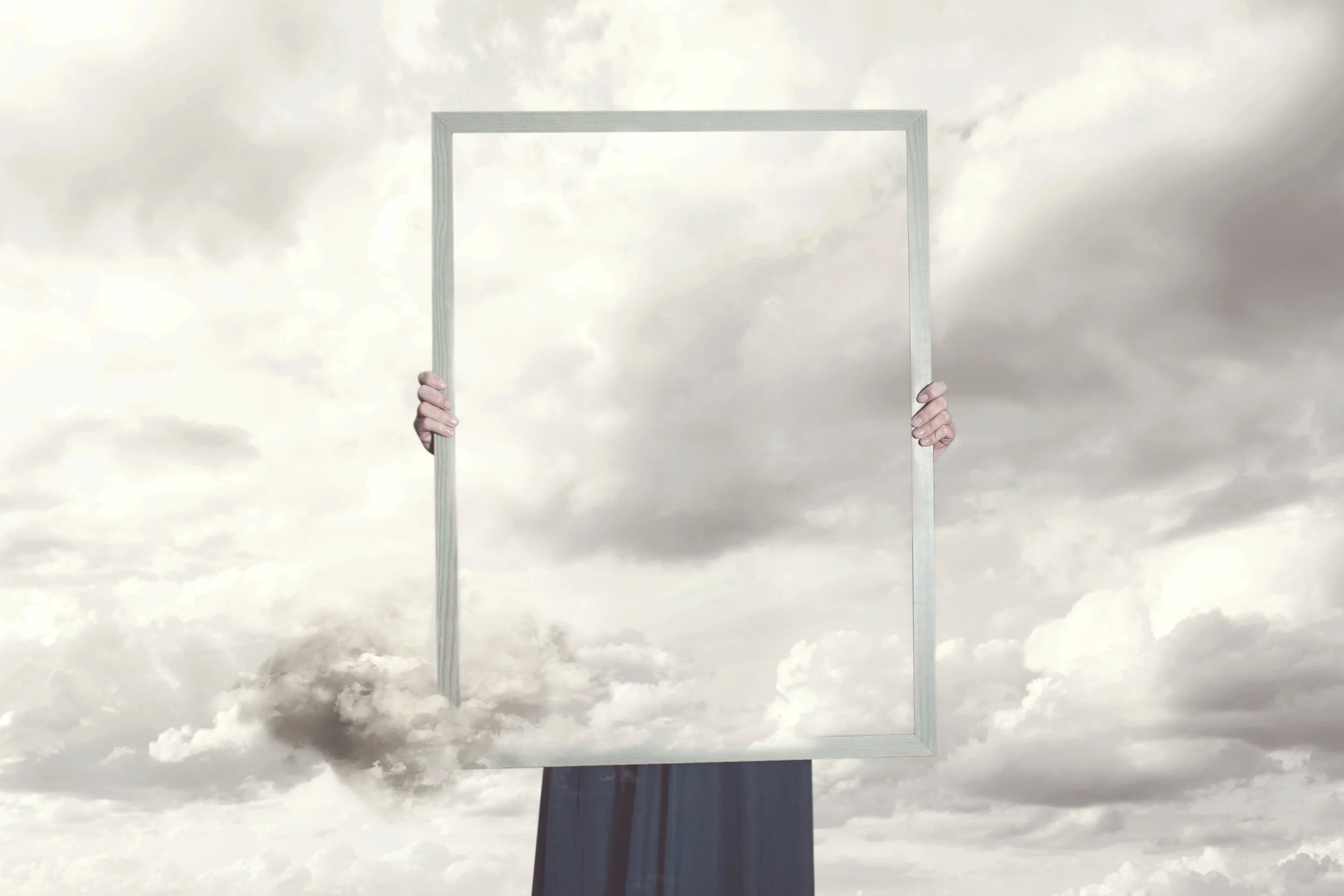

#Invisible institute series#
The Tea Project, which informs the development of this exhibition, is an ongoing series of installations and performances that create opportunities to engage with local and global histories of war, torture, and confinement.

Remaking the Exceptional is organized by DePaul Art Museum staff and is curated by contributing artists Amber Ginsburg and Aaron Hughes. It includes Abdualmalik Abud, Mansoor Adayfi, Djamel Ameziane, Muhammad Ansi, Ghaleb Al-Bihani, Dorothy Burge, Chicago Torture Justice Memorials, Debi Cornwall, Assad “Haroon” Gul, Mashaun Hendricks, Invisible Institute, Damon Locks, Lucky Pierre, Trevor Paglen, Prison + Neighborhood Arts/Education Project, Khalid Qasim, Sabri Mohammad Ibrahim Al Qurashi, Ahmed Badr Rabbani, and Sarah-Ji Rhee. This exhibition features works produced by torture survivors, artists, activists, and collectives with long-term commitments to creating visions of justice. Inspired by this victory, Remaking the Exceptional celebrates the history of local and global movements for reparations. In 2015, after years of activism by torture survivors, mothers, artists, educators and attorneys, Chicago passed the first tangible reparations for racially motivated police violence in the United States. Under the direction of police commander and Vietnam veteran Jon Burge, police subjected hundreds of predominantly Black men and women to torture between 19. But this was not the first time the violence of wars abroad have come home to Chicago. After years of subjecting poor, Black, and brown Chicagoans to torture, Zuley oversaw torture at Guantánamo from 2002 to 2004. Extralegal imprisonment and torture at Guantánamo is also directly connected to the Chicago Police Department through detective and Navy Reserves Lt. Since then it has been the site of major human rights violations, such as holding people for indefinite periods of time without trial, subjecting them to extreme interrogation methods, torture, and even death. The location was chosen to intentionally avoid U.S.

In 2002, following the start of the "Global War on Terror," the United States established an extralegal military prison at Guantánamo Bay Naval Base, Cuba. “Remaking the Exceptional marks 20 years since the opening of the United States' extralegal prison on Guantánamo Bay. The juxtaposed modern education tools of the iPad and mapping technology, against the remains from the mass closure of predominantly Black schools on the South and West Sides of Chicago in 2013, suggests the possibilities of what Chicago's students could be learning in their classrooms: an expanded understanding of their own neighborhoods’ spatial and historical connection to policing across the world, and a shared struggle under the Global War on Terror. The installation of Coordinates of Torture is an interactive projection, making use of an iPad on a reclaimed student desk from the discarded furniture of a closed Chicago Public School (courtesy of John Preus). Visit the installation at DePaul Art Museum, March 10-August 7, 2022. The map is designed to accompany Khwaja’s essay, “Chicago to Guantánamo: Experiments in an Ecosystem of Violence,” found in the exhibit’s accompanying book, Remaking the Exceptional: Tracing Torture, Justice, and Reparations (DePaul Art Museum, 2022). Military’s interconnected histories of torture and policing. The interactive map, embedded below, visualizes the geographies of Chicago Police and the U.S. Research by Maira Khwaja and Marie Mendoza on Chicago Police officers’ military backgrounds, connections to the Global War on Terror, and the relationship between Chicago Police’s history of torture and Guantánamo Bay served as the foundation for artwork by Hughes and Ginsberg.
#Invisible institute archive#
The Chicago Police Torture Archive at the Invisible Institute has partnered with artists Aaron Hughes and Amber Ginsberg for the exhibit Remaking the Exceptional: Tea, Torture, & Reparations | Chicago to Guantánamo, to trace the connections between Chicago Police and U.S. Presented at the DePaul Art Museum, March 10-August 7, 2022


 0 kommentar(er)
0 kommentar(er)
